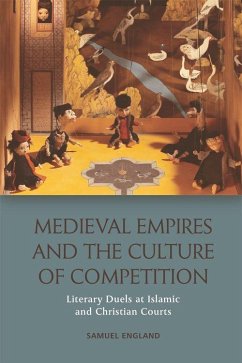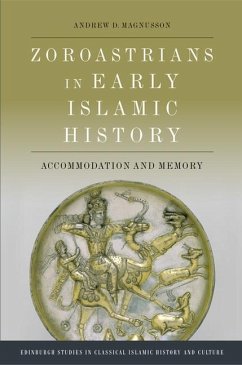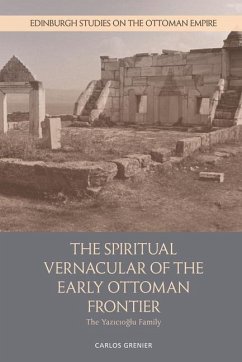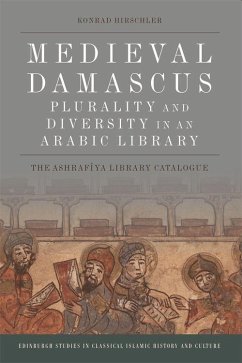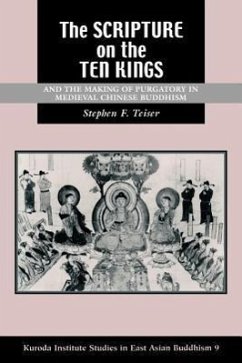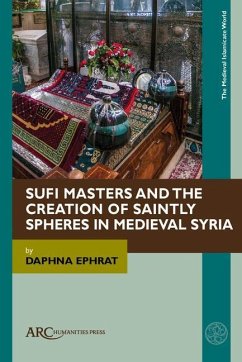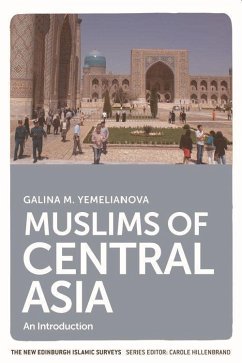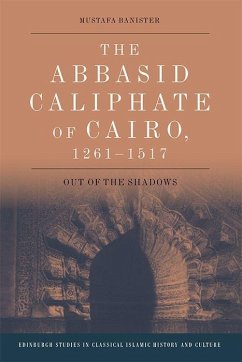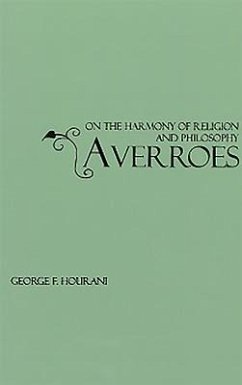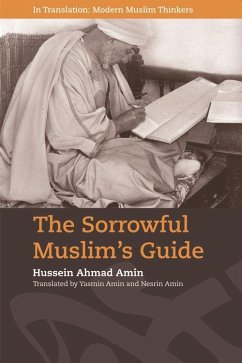Nicht lieferbar
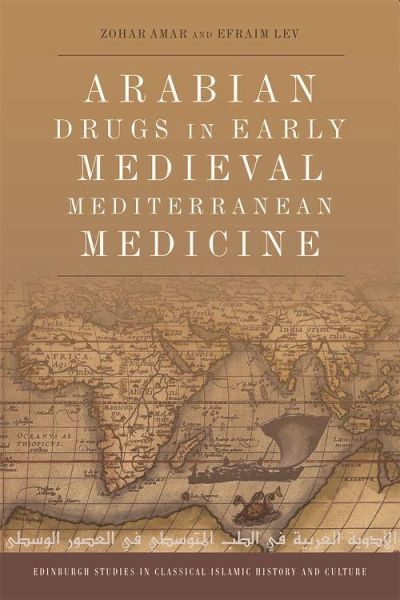
Arabian Drugs in Early Medieval Mediterranean Medicine
'Arabic culture provided the melting pot for the medical substances from the West and the East which became the staple ingredients of pre-modern medicine. Amar and Lev are to be congratulated for tracing the origins of natural medicaments and the routes that they followed from South East Asia and India to the Middle East, and from one end of the Mediterranean to the other.' Charles Burnett, Warburg Institute, University of London Explores the impact on medieval Mediterranean medicine of drugs introduced by the Arabs For more than one thousand years Arab medicine held sway in the ancient world,...
'Arabic culture provided the melting pot for the medical substances from the West and the East which became the staple ingredients of pre-modern medicine. Amar and Lev are to be congratulated for tracing the origins of natural medicaments and the routes that they followed from South East Asia and India to the Middle East, and from one end of the Mediterranean to the other.' Charles Burnett, Warburg Institute, University of London Explores the impact on medieval Mediterranean medicine of drugs introduced by the Arabs For more than one thousand years Arab medicine held sway in the ancient world, from the shores of Spain in the West to China, India and Sri Lanka (Ceylon) in the East. This book explores the impact of Greek (as well as Indian and Persian) medical heritage on the evolution of Arab medicine and pharmacology, investigating it from the perspective of materia medica. Focusing on the main substances introduced and traded by the Arabs in the medieval Mediterranean - including Ambergris, camphor, musk, myrobalan, nutmeg, sandalwood and turmeric - the authors show how they enriched the existing inventory of drugs influenced by Galenic-Arab pharmacology. Further, they look at how these substances merged with the development and distribution of new technologies and industries that evolved in the Middle Ages such as textiles, paper, dyeing and tanning, and with the new trends, demands and fashions regarding spices, perfumes, ornaments (gemstones) and foodstuffs some of which can be found in our modern-day food basket. Key Features - Assesses the assimilation of theoretical and practical Greek, Indian and Persian medicine into Arabic medical culture - Reconstructs and presents a list of Materia Medica distributed by the Arabs as a result of their conquests - Tells the stories of 37 new Arabic drugs within the context of their natural history - Describes the contribution of the Arabs to the daily medieval cultural material (medicine, cosmetics, perfumery, dyeing of materials, industrial products and precious stones) - Includes 35 colour illustrations Zohar Amar is Professor at the Department of Land of Israel Studies and Archeology; and Director of the Unit on the History of Medicine at Bar-Ilan University, Israel. Efraim Lev is a Professor at the Department of Israel Studies; and Head, The Interdisciplinary Center for the Broader Application of Genizah Research at the University of Haifa, Israel.





